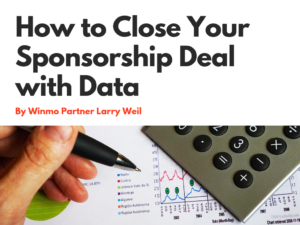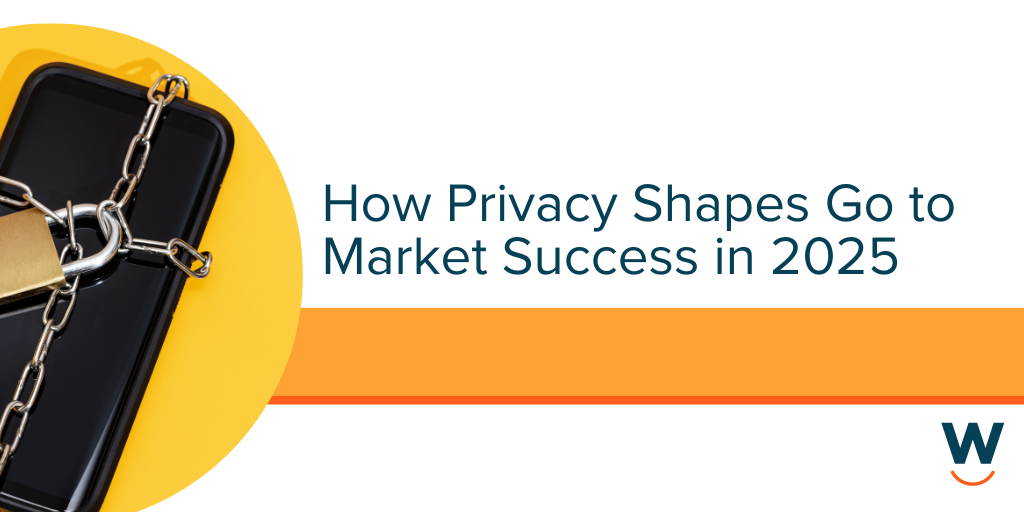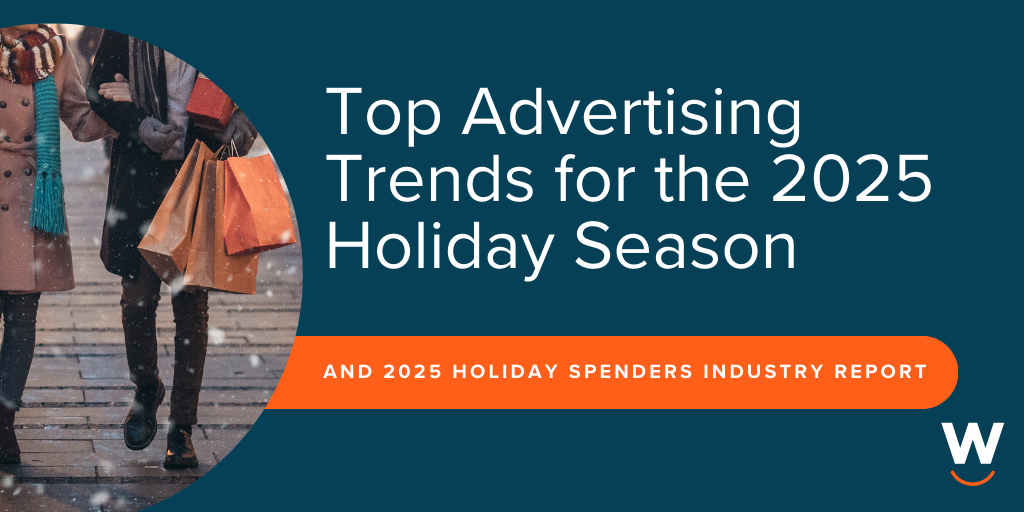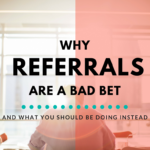
Sponsorship Expert: How to Close Your Sponsorship Deal With Data
Not all data is created, says Winmo partner and sponsorship expert Larry Weil. Instead, he’s sharing how to close a sponsorship deal with data points that are actually meaningful to prospects, and what insights to leave OUT of your pitch deck.
You have done your homework and have used insights to identify a prospect that is likely to value your property. You have figured out your value proposition. You have captured their interest and got the call or the meeting. You have invested hours in creating an appealing presentation. You have told your story, captured their imagination. You can feel it, they are interested. It wasn’t easy to get here, but you are now way down the sales funnel.
The next step is the going to be analytics. Your prospect will ask for the data to measure the potential performance of your proposal. You send them your web, social, demographics and attendance. A few days go by. Things start to slow down. Calls aren’t getting returned. Everything grinds to a halt. What went wrong?
Big brands are sophisticated about data. They have likely invested millions and millions of dollars in collecting, analyzing and reporting the information they need to make decisions. If you want them to take your sponsorship proposal seriously, you must be able to speak the language of data and provide them with insights that validate choosing your property for partnership.
If you are a Winmo user as I am, you are already used the platform to identify the prospect, understand how they spend their marketing dollars, identify triggers, budgets, even how to appeal to individual decision makers.
Why do you do this? Because it helps you make much better decisions about who is a good prospect and who is not. But are you giving your prospect a similar quality of data that allows them to make the right decisions about working with you? My experience is that in many cases the answer is no.
So how do we fix that? Let’s start by identifying what kind of data is and is not going to help you close deals.
The Sponsorship Data That Doesn’t Matter
When I am onboarding clients one of the first things we ask about is what kind of data they have. Usually, they respond with:
- Event data: Attendance, traffic, run of show
- Social data: Facebook, Instagram, Twitter
- Website data: Views, clicks, time on site
- Demographics: Age, Gender, Income
I try to help my clients understand that these measurements mostly don’t get to the root of what is most valuable to brands. It won’t present your property as having more than a rudimentary level of data. I’m not suggesting you throw these insights aways; I’m suggesting that it won’t close any deals. Here is why:
- Event data like attendance is often exaggerated and hard to verify
- Social data value is about engagement and alignment in volumes that move the needle for the prospect. It is as much about the quality of the content and alignment with the prospect’s desired audience as it is about the number of followers
- Website data: The value of views and clicks without the context of who is viewing and clicking is almost nothing.
- Demographics: If you are still talking about demographics I suggest a reboot. Here is what I mean: Demographics may tell you that your audience contains a large segment of women 18 to 35 years old. But your prospect is going to want to know if these women working professionals or stay at home moms, what are their interests, what are their values, do they shop online? Basic demographics don’t tell you anything about their lifestyle, values, attitudes, and preferences, which is what determines why and how they buy.
Close Your Sponsorship Deal With Data That Matters
To get to the information that will get the deal closed, try thinking about this the way to prospect would. They need some data that proves what you say and makes your property a match and worth the investment. Here some key data points that will help close the deal:
- Audience Alignment: Provide human insights. What are the values, goals, and lifestyle of your audience that confirm that they are who your brand prospect wants and will pay you to access? How do you know this?
- Level of Engagement: Go beyond clicks and likes. How long is your audience engaged? What engages them? How do they participate? What are they saying and doing? What content or activities do they engage with and why?
- Volume, Frequency, and Scale: Once you have convinced the prospect that the audience is aligned and engaged, provide data that demonstrates that it is in a meaningful volume. A thousand new prospects a year isn’t going to be worth the time to a big brand.
- Cost per, vs. other alternatives: Your competition for this business may not be others in your same business segment. If you are an event, you need to know that your cost per new customer for your prospect compares favorably with other channels. If your CPM is $200 and your prospect can get the same quality of leads from a TV or Digital campaign for a CPM of $15 you are sunk.
If you can use data to show that your attendees or audience is the one the prospect values, that they are engaged in a meaningful way, that you have a large number and that you can provide them at a competitive cost. You will close the deal.




